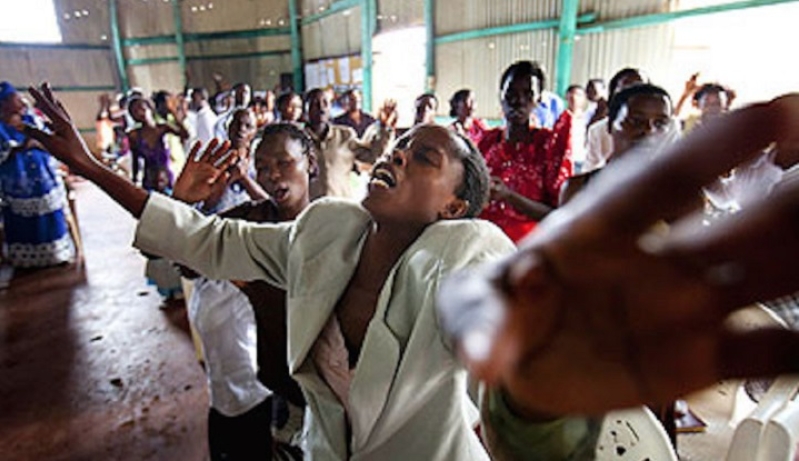
Muslim villagers in eastern Uganda mutilated the corpse of a convert from Islam likely killed for his faith last month, his widow said.
Fatuma Muluuta told Morning Star News that Muslims in Kachomo village, Budaka District cut and stuck pins into her husband's body before burying it and have since threatened to kill her.
When her husband, Muluuta Kuzaifa, put his faith in Christ two years ago, his family immediately ostracized him, she said. The couple and their two children found refuge with a church pastor whose name is withheld for security reasons.
After two years, Kuzaifa decided to return home with his wife and children, but relatives chased them away, and they left for Kampala, the Ugandan capital 126 miles (204 kilometers) away. He found menial work on the outskirts of the city.
Within a few weeks, Kuzaifa began receiving threatening messages, Fatuma Muluuta told Morning Star News by phone.
"You think you are safe in Kampala," one text message read. "We shall soon come for your neck."
On April 1, while returning from work in Kampala, unknown assailants attacked him near their home, she said.
"I heard him shouting for help, and immediately some neighbors rushed to the scene, and we found him bleeding with head injuries," she said.
Kuzaifa was taken to a nearby clinic for treatment, but he died the next day.
After his wife and others transported his body to a Kachomo funeral home, they went to his family to inform them of his death.
She said her father in-law, Mukongo Jamada Muluuta Mubaraka, gave them a cold reception, and those who accompanied her gave him 400,000 Uganda shillings (US$107) for funeral preparations.
Kuzaifa's father, she added, had called Muzaifa in Kampala several times.
"I think that is why the attackers managed to get hold of him," Fatuma Muluuta said. Before the indecent burial of Muzaifa, she added, his father had said, "My son thought that he can run away from Allah, but he could not."
On April 4, family members and other Muslims took the body from the mortuary and buried it in an indecent manner, she said.
"Word went around that Kuzaifa's body was mutilated and not properly buried," Fatuma Muuluta said. "His body was not washed, several pins were inserted into his body, they dug a very small grave for the body, and several cuts were made on his corpse."
Enraged Christians in Kachomo Sub-County mobilized in large numbers and stormed the burial site to exhume Kuzaifa's body. They washed it and provided a decent burial service, his widow said.
Kuzaifa's pastor said many Muslims put their faith in Christ at his funeral.
"But tension has been mounting up between the Christians and the Muslims after the burial of Kuzaifa," the pastor said. "The family of Kuzaifa needs prayers for God to comfort the young family left behind and for financial assistance."
Muluuta Mubaraka said she is now being threatened.
"If you continue with Christianity," read one text message, "you will go the same way of your husband," she said.
The crime was the latest in a series of attacks on Christians in Eastern Uganda. On March 10, a week after a young Muslim in eastern Uganda put his faith in Christ, relatives attacked him with hot cooking oil, sources said. Gobera Bashir, 27, suffered burns on 40 percent of his body after the attack.
Bashir, from Kakoli village, Naboa Sub-County in Budaka District, had received Christ as Lord and Savior the previous Sunday (March 4) when he accompanied a friend to a church in another village (undisclosed for security reasons), he said.
In January another Christian in eastern Uganda, Munabi Abudallah, lost his wife and seven children less than a day after putting his faith in Christ. In another village in eastern Uganda, a widowed mother of five was poisoned on Christmas Day for converting to Christianity.
Uganda's constitution and other laws provide for religious freedom, including the right to propagate one's faith and convert from one faith to another.
Muslims make up no more than 12 percent of Uganda's population, with many concentrated in the eastern part of the country.






